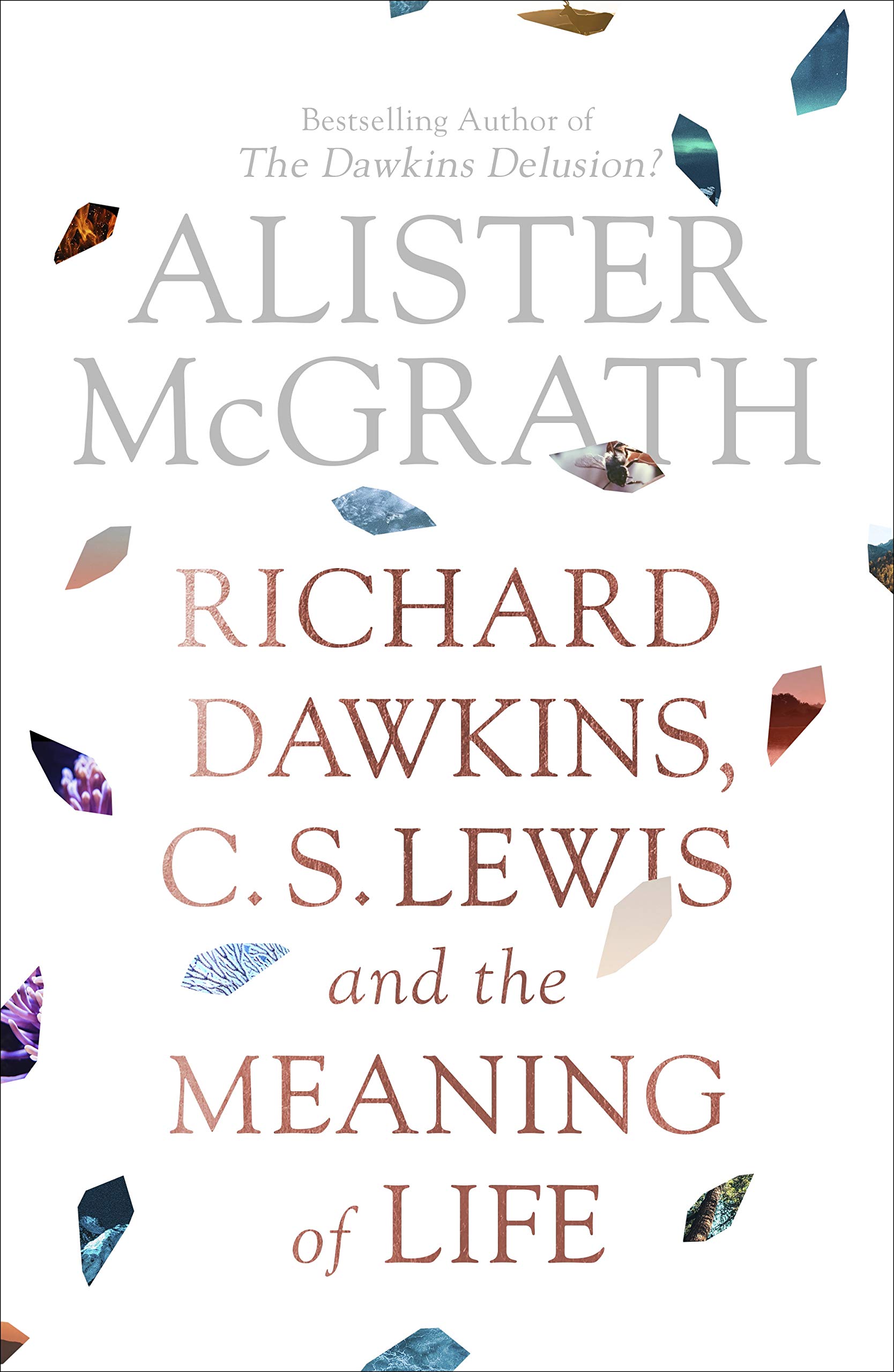Richard Dawkins, C.S. Lewis and the Meaning of Life by Alister McGrath
Excellent apologetics from McGrath - but does apologetics need to be different in our fake news age?
 Richard Dawkins, C.S. Lewis and the Meaning of Life
Richard Dawkins, C.S. Lewis and the Meaning of Life
by Alister McGrath
SPCK
ISBN: 978-0281080199
Reviewed by Rosa Hunt
In this book, the renowned Oxford apologist Alister McGrath imagines the interplay of ideas which might have happened had Richard Dawkins and C.S. Lewis met and discussed the meaning of life with each other. His rationale for choosing these two writers is that they are both gifted communicators, both leading Oxford academics and both had a depth of influence on McGrath’s thought life.
They also represent two different directions of travel: from a nominal Anglicanism to a committed atheism for Dawkins, and from atheism to ‘mere’ Christianity for Lewis. The questions that McGrath puts to them are the biggies: what evidence or proof do we have for what we believe? Hence: is there a God? And: who are we, the humans asking these questions?
As you would expect from a thinker of McGrath’s calibre, the book provides a wide-ranging exploration of traditional and recent scholarship in these areas, examining the ideas through the lenses of what Lewis and Dawkins either did say or might have said about them. As the book is so short (only 57 pages of actual content) you can instantly deduce that McGrath just skims over the surface of these profound and ancient questions, although he does provide extensive footnotes for anyone interested in following up his claims.
I enjoyed it immensely, but it did raise a very major question in my mind: for whom, exactly, is this book intended? I have a first degree in philosophy of science and a higher degree in theology, and I am a practising Christian minister, so I was predisposed to accept McGrath’s apologist style, arguments and conclusions. I particularly enjoyed his discussion of the analogy between Dawkins’ portrayal of the tyranny of the selfish gene and the classic Christian portrayal of the tyranny of sin. Like McGrath and Dawkins I am at heart a child of the scientific Enlightenment, at home with premises and logical deduction and proof and counter-argument.
But I fear that McGrath, Dawkins and I have had our day. The basis of Dawkins’ rhetoric is that our beliefs need to be logically based on provable premises. Is McGrath’s apologist stance so different, claiming as he does that “religious believers need to take Dawkins’ point seriously and show that good reasons can be offered for their belief”?
The problem is that I’m just not sure that people think like this any more. I suspect that the rise of fake news and the identification of social media users with transient political, religious and social phenomena is evidence of new (dare I say post-modern?!) ways of forming beliefs.
Does this mean that apologetics is dead? Probably not, and I am certainly doing McGrath a disservice by my simplistic representation in the previous paragraph, because he is very explicit that some of our deepest beliefs rest on unprovable assumptions. But I think it does mean that apologetics needs to be different in the 21st century. I suspect that we need more stories. And that is why, as McGrath would no doubt agree, C S Lewis wins every time. But then, of course, so does Philip Pullman.
Rosa Hunt is co-principal of South Wales Baptist College
Baptist Times, 29/11/2019